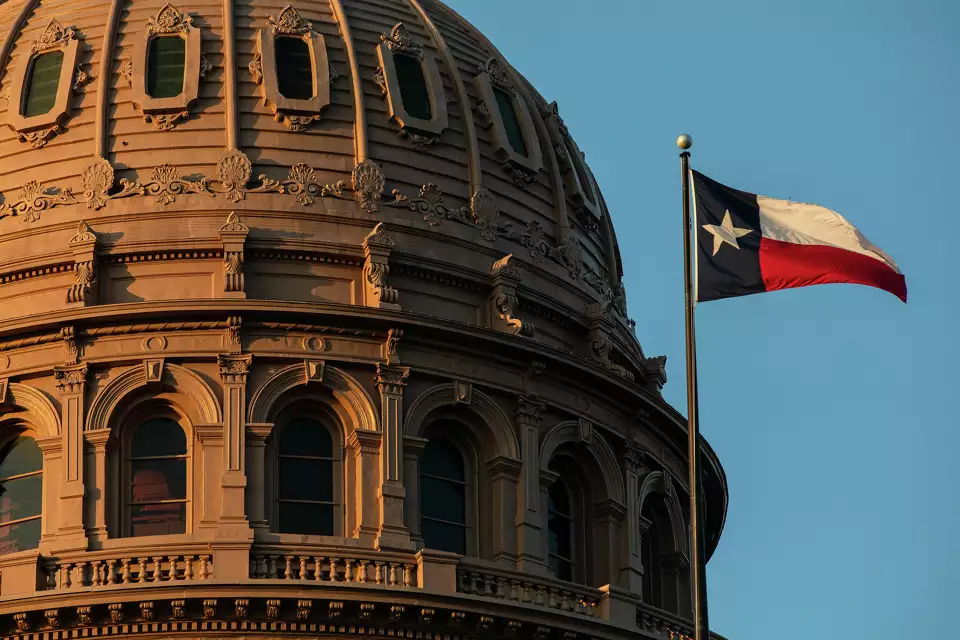Texas legislators have submitted close to 2,000 bills at the onset of the legislative session. This influx of proposals sets the stage for a period of debate and decision-making with each bill reflecting the varied priorities and concerns of state lawmakers.
The legislative process in Texas, as in other states, involves several stages, and not all bills will make it to the governor’s desk. Lawmakers introduce bills with the hope of addressing a multitude of issues, from education and healthcare to infrastructure and public safety. These proposals will undergo rigorous scrutiny, amendments, and voting before they can become law.
The bills introduced cover a wide range of topics. Some aim to reform public education funding. Others focus on healthcare access and affordability. Infrastructure improvements are also on the agenda, with several proposals targeting road and public transit enhancements.
Public safety is another significant area of focus. Bills addressing law enforcement practices and community policing are among those submitted. Some legislators are advocating for changes in criminal justice to address concerns about fairness and efficacy.
Education remains a vital concern for Texas lawmakers. Several bills propose changes to school funding, aiming to ensure equitable access to resources for all students. These proposals often spark heated debates, reflecting the diverse views on how best to improve the state’s education system.
Healthcare is another critical issue on the table. Some bills aim to expand access to medical services, particularly in rural areas. Others focus on reducing healthcare costs, a pressing concern for many Texans. These proposals will likely generate significant discussion among lawmakers and the public alike.
Infrastructure improvements are also high on the agenda. Texas’s growing population and expanding economy necessitate enhancements to roads, bridges, and public transit systems. Several bills propose funding for these projects, emphasizing the need for sustainable and efficient infrastructure.
Public safety bills include proposals to reform law enforcement practices. Some lawmakers advocate for increased transparency and accountability within police departments. These proposals align with national discussions on policing and community relations.
Criminal justice reform is another area gaining attention. Some bills propose changes to sentencing laws and rehabilitation programs, intending to create a more equitable justice system. These proposals reflect ongoing debates about the balance between public safety and individual rights.
While many bills may not advance beyond initial stages, the legislative process allows for discussion and refinement of proposals. Lawmakers use this time to gather input from constituents, stakeholders, and experts to shape legislation that addresses various challenges facing Texas.

